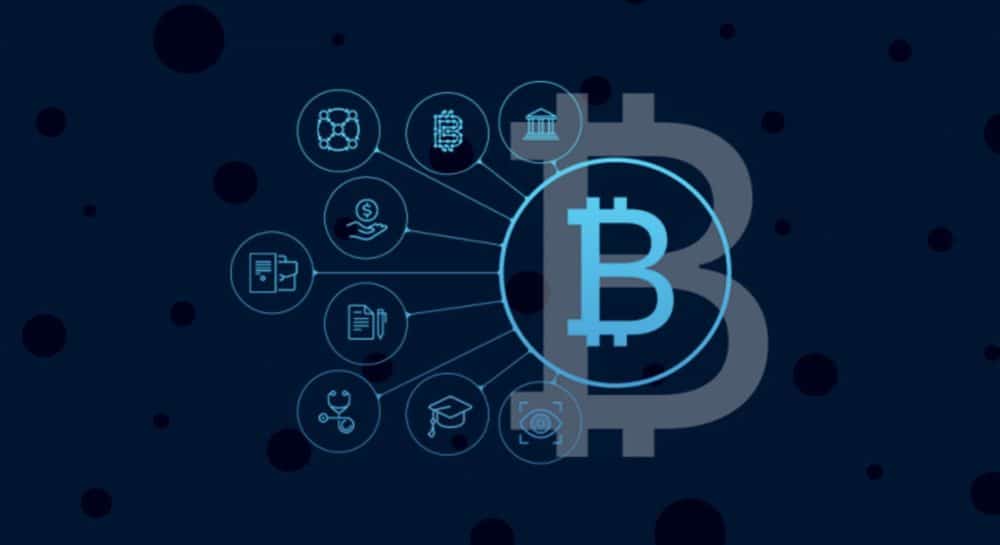Contents
In the rapidly evolving landscape of blockchain technology, one of the most critical aspects is identity management. Traditional systems have struggled with issues of security, privacy, and control, often leading to data breaches and identity theft. However, with the advent of decentralized identity solutions, such as Litentry (LIT), a new era of trust and security is dawning upon us. In this article, we will delve into the world of Litentry and explore how it stands as a beacon of trust in the blockchain identity landscape. Visit Trader AI site if you are looking for a reliable trading platform online.
Understanding Litentry: Unraveling the Architecture
What is Litentry (LIT
Litentry is a decentralized identity aggregator network that provides a comprehensive solution for managing identity data across multiple blockchains. It aims to empower users with the ability to control their personal information securely while enabling seamless interactions with various decentralized applications (dApps). At its core, Litentry focuses on interoperability, allowing users to link their identities from different blockchain networks effectively.
The Components of Litentry
Decentralized Identifiers (DIDs): Litentry employs DIDs, a W3C (World Wide Web Consortium) standard, to uniquely identify entities across various networks. DIDs eliminate the need for centralized identity providers, giving users full control over their identities.
Substrate-based Framework: Litentry is built on Substrate, a highly modular and customizable blockchain development framework. This allows the platform to achieve high scalability, making it capable of handling a large number of identity queries efficiently.
Decentralized Identity Index (DII): The DII serves as the heart of Litentry’s identity aggregation process. It compiles and indexes decentralized identities, ensuring quick and secure access to identity information.
Litentry Identity Services: These services offer a user-friendly interface for developers and users to interact with the DII effectively. It includes functionalities like identity creation, verification, and revocation.
The Core Features of Litentry (LIT)
User-Controlled Identity
Litentry enables individuals to have full control over their identities. By using DIDs and decentralized key management, users can determine which aspects of their identity are shared and with whom. This shift from centralized data silos to user-controlled identity enhances privacy and security.
Cross-Chain Compatibility
Interoperability is a crucial aspect of Litentry’s design. As the blockchain ecosystem expands, users may hold assets and identities on different networks. Litentry offers seamless cross-chain compatibility, allowing users to link and manage their identities across diverse blockchains efficiently.
Enhanced Security
Traditional identity systems often suffer from single points of failure, making them vulnerable to cyberattacks. Litentry’s decentralized architecture minimizes such risks by distributing data across the network. Additionally, the use of cryptographic techniques ensures that identity information remains secure.
Identity Aggregation
With Litentry, individuals can consolidate their identities from multiple platforms into one comprehensive identity index. This aggregation not only streamlines interactions with dApps but also simplifies the process of identity verification and attestation.
Reputation System
Litentry incorporates a reputation system that assesses the trustworthiness of identities based on various factors, including on-chain activities and historical data. This reputation score can be utilized by dApps to make informed decisions when interacting with users.
The Real-World Applications of Litentry (LIT)
Decentralized Finance (DeFi)
In the realm of DeFi, security is paramount. Litentry’s identity management system ensures that only authorized users can access decentralized financial services. This not only protects users from unauthorized access but also complies with regulatory requirements.
Decentralized Governance
For decentralized autonomous organizations (DAOs) to function effectively, a reliable identity solution is essential. Litentry’s decentralized identifiers enable seamless participation in governance activities without compromising user privacy.
Supply Chain Management
Litentry’s cross-chain compatibility and reputation system make it a perfect fit for supply chain management. Businesses can ensure the integrity of their supply chains by verifying the identities and reputations of all involved parties.
Existing social media platforms often suffer from fake accounts and identity fraud. Litentry’s user-controlled identity and reputation system can help create more trustworthy and authentic social media ecosystems.
Conclusion
As we delve deeper into the world of blockchain technology, the significance of identity management becomes increasingly critical. Litentry (LIT) stands out as a reliable and trustworthy player in the blockchain identity domain, providing users with full control over their identities, bolstered security measures, and seamless compatibility across different blockchains. Its versatile potential applications extend across a wide array of industries, encompassing decentralized finance (DeFi), governance systems, supply chain management, and even social media platforms, promising a future where identity verification and data security are robustly ensured through blockchain-based solutions.


Leave a Reply